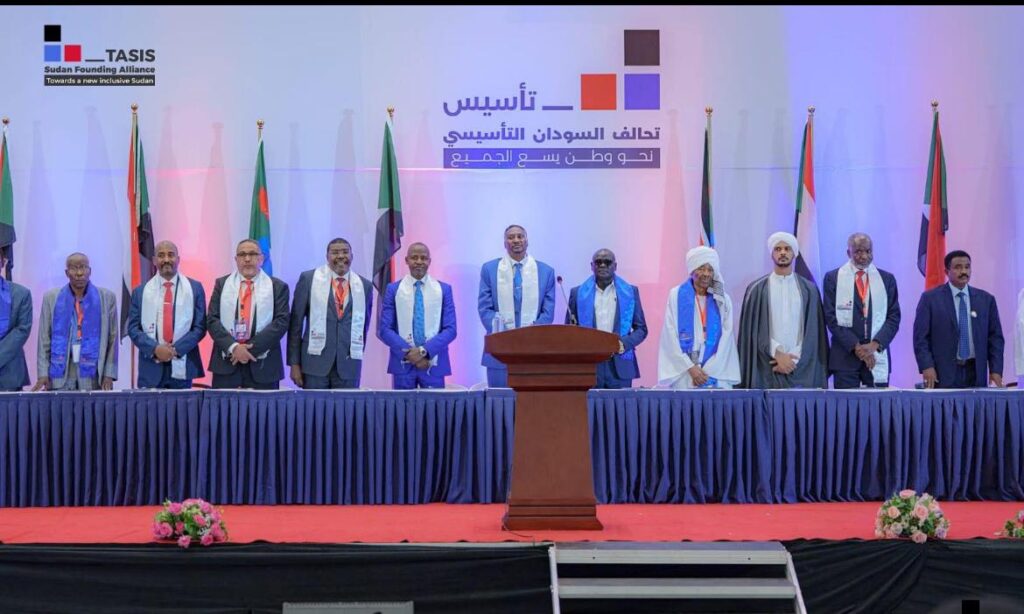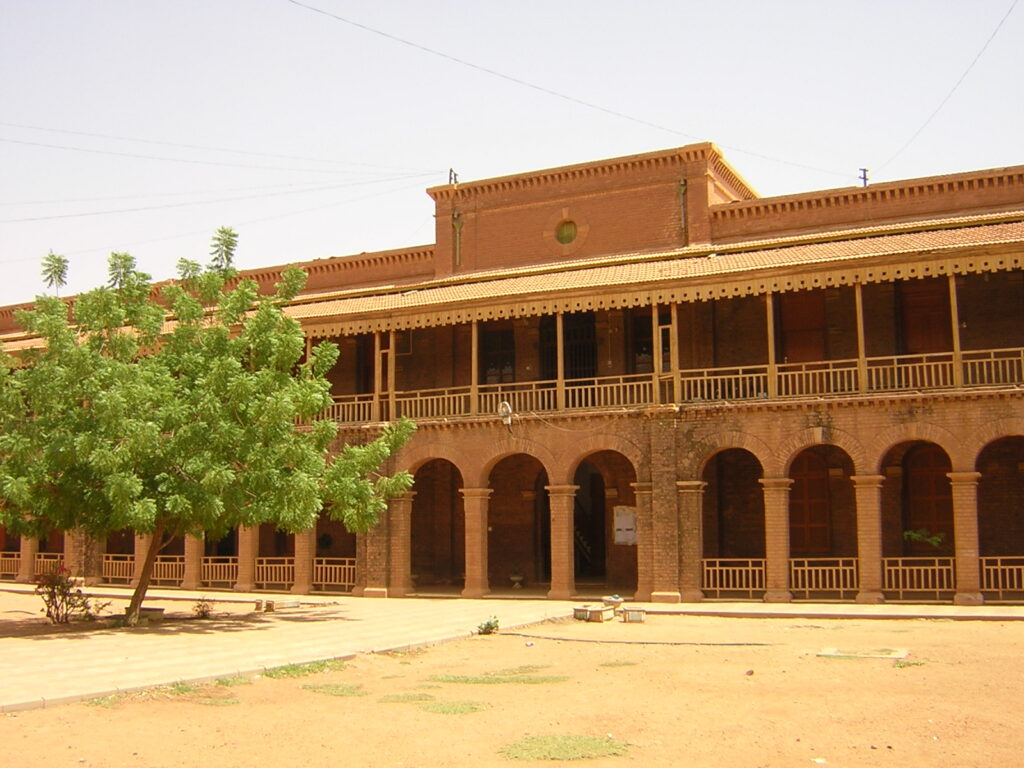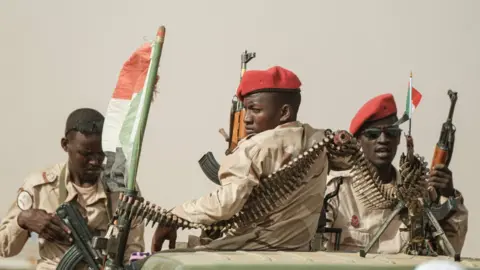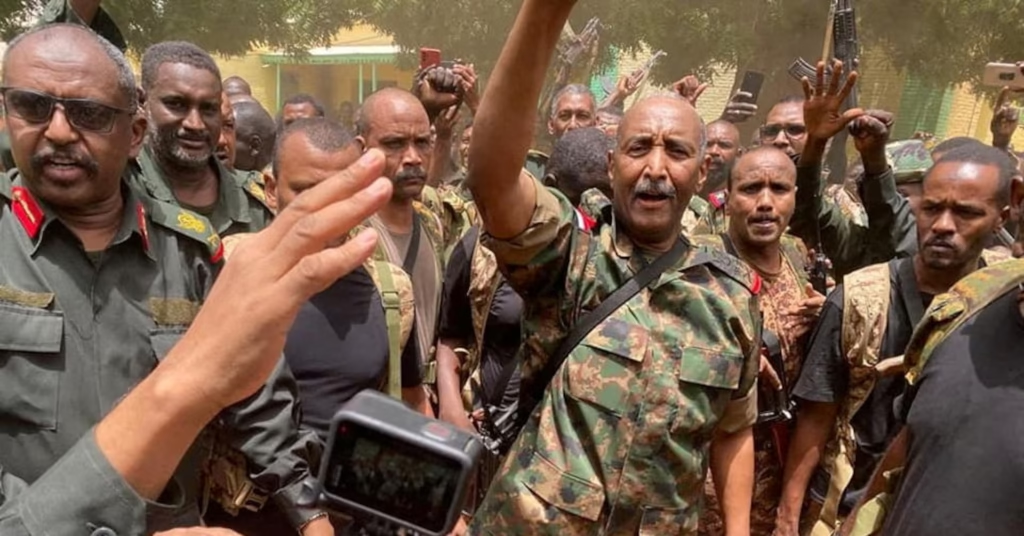
The TASIS-backed “Unity and Peace” government in Nyala has launched a diplomatic campaign to secure external backing and political legitimacy to rival the SAF-led junta in Port Sudan, which has recently signaled a phased return to Khartoum.
In Decision No. 1/2025, Prime Minister Mohamed Hassan Osman al-Ta’aishi appointed Qoni Mustafa Abubakr Sharif as the government’s permanent representative to the United Nations—an appointment rejected by Sudan’s existing UN mission. TASIS leaders say the oath-taking in Nyala by the Presidential Council and its deputies marks a concrete step toward a “new Sudan” grounded in unity and peace and worthy of international recognition.
Officials acknowledge that lifting living standards in long-neglected, war-hit areas will require both political recognition and material support from abroad—neither secured so far. With no state pledging aid yet, initial outreach is planned in Uganda, Kenya, South Sudan, and Ethiopia. Analysts caution that Security Council headwinds and regional calculations make formal recognition unlikely in the near term.
The Presidential Council held its first session in Nyala on Sunday, one day after the swearing-in, chaired by RSF commander Gen. Mohamed Hamdan Dagalo (Hemedti). The meeting focused on the “foundational phase,” including basic services, security in TASIS-held areas, and urgent humanitarian needs. Major donors and UN agencies view sustained humanitarian access as a key test, amid mass displacement and worsening hunger in Darfur.
The session confirmed al-Ta’aishi as prime minister, completing the core executive structure for TASIS-controlled territories. Dagalo said the administration aims to entrench “fair unity” through decentralized governance that lets regions manage their own affairs and resources. He pledged adherence to international covenants, pursuit of good-neighborly relations, and partnerships built on mutual interests and stability.
His appearance—administering the oath and addressing the council—also pushed back on rumors he was severely wounded. Dagalo’s remarks blended outreach to marginalized regions with sharp criticism of the SAF’s Islamist allies, whom he blamed for the war and the country’s split.
Deputy Council chief Abdelaziz al-Hilu said the Nyala session adopted a roadmap and strategies to complete state structures and build institutions able to confront national challenges. Dagalo and al-Hilu later toured Nyala, signaling a joint field presence in Darfur after past frictions. Observers said the optics sought to project cohesion and tamp down talk of a looming power struggle; some also point to reported participation by al-Hilu’s forces alongside the RSF in the recent El-Fasher fighting as evidence of growing coordination. Even without recognition, analysts say TASIS may seek to avoid regional pushback and position itself as a single interlocutor if US-backed mediation efforts revive.
The Presidential Council counts 15 members, including governors of eight regions defined under a new transitional constitution. That charter, replacing the 2019 Constitutional Document and related decrees, underpins TASIS’s decentralization blueprint and serves as the legal framework for the interim period. TASIS brings together the RSF, the SPLM-North, and several armed movements, political parties, and societal groups.



